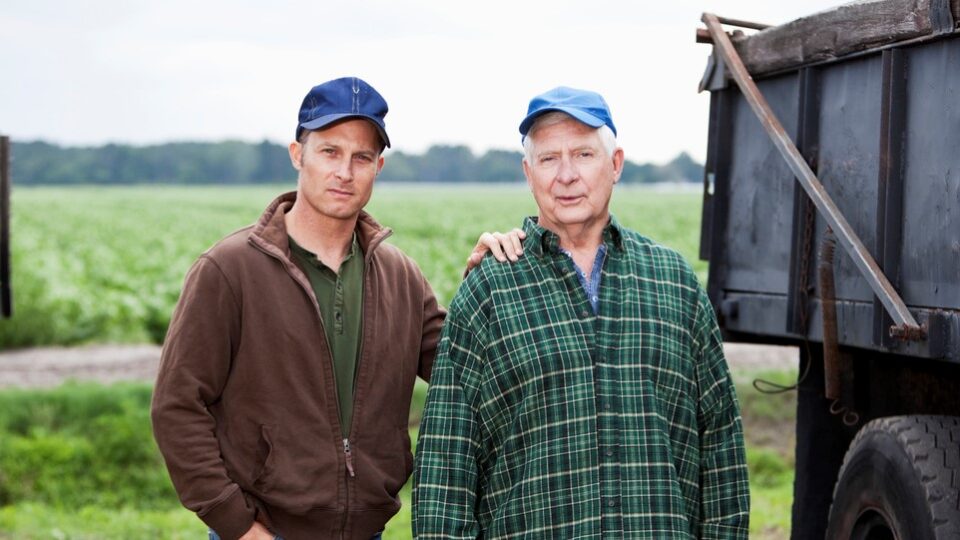September 19, 2023
The Community Health Corner
Submitted by Stephanie Gutierrez

The National Extension Framework for Health Equity and Well-being recommends using community development strategies with health literacy programs to ensure that everyone has a fair and just opportunity to be as healthy as possible. The following resources help us improve well-being for all and achieve Healthy Kansas 2030 and Healthy People 2030 objectives.
Aging in Place: Most older adults wish to age-in-place with access to appropriate services and programs to support their needs. However, older adults living in rural settings (about 1 in 5 nationally) have limited access to necessary resources to support aging-in-place. The September 21st Age-Friendly Public Health Systems Training will focus on TFAH’s new brief, Ensuring Age-Friendly Public Health in Rural Communities: Challenges, Opportunities, and Model Programs. The training will highlight recommendations in the brief on public health roles in promoting healthy aging and supporting older adults and caregivers in rural settings. Dr. Aaron Guest, primary author of the brief and Assistant Professor of Aging at Arizona State University, will provide an overview of the recommendations and highlight opportunities for public health to coordinate with existing services and supports. Register here.
The Epidemics of Alcohol, Drug, and Suicide: Join Trust for America's Health (TFAH) for a national webinar on September 26 on our recently released report, Pain in the Nation 2023: The Epidemics of Alcohol, Drug, and Suicide Deaths. TFAH's Pain in the Nation 2023 report found that the death rate due to alcohol, drugs, and suicide increased by 11 percent in 2021. Deaths due to substance misuse and suicide have been rising in the U.S. for over two decades, with numbers doubling from 104,379 deaths in 2011 to 209,225 in 2021. Please join us as we discuss steps policymakers should take to begin to reverse these crises. The briefing will include time for Q&A from the audience.
Climate-related Health Hazards: The Office of Climate Change and Health Equity (OCCHE) has released its September 2023 Climate and Health Outlook. This edition explores the climate-related health hazards of extreme heat, wildfire, drought and hurricanes, as well as Malaria and Dengue. It also shares information on how to reduce health risks associated with each of these climate hazards, including resources for preventing mosquito bites as well as preparing for and recovering from hurricanes.
For more information, contact Elaine Johannes, ejohanne@ksu.edu; and Stephanie Gutierrez, smgutier@k-state.edu.